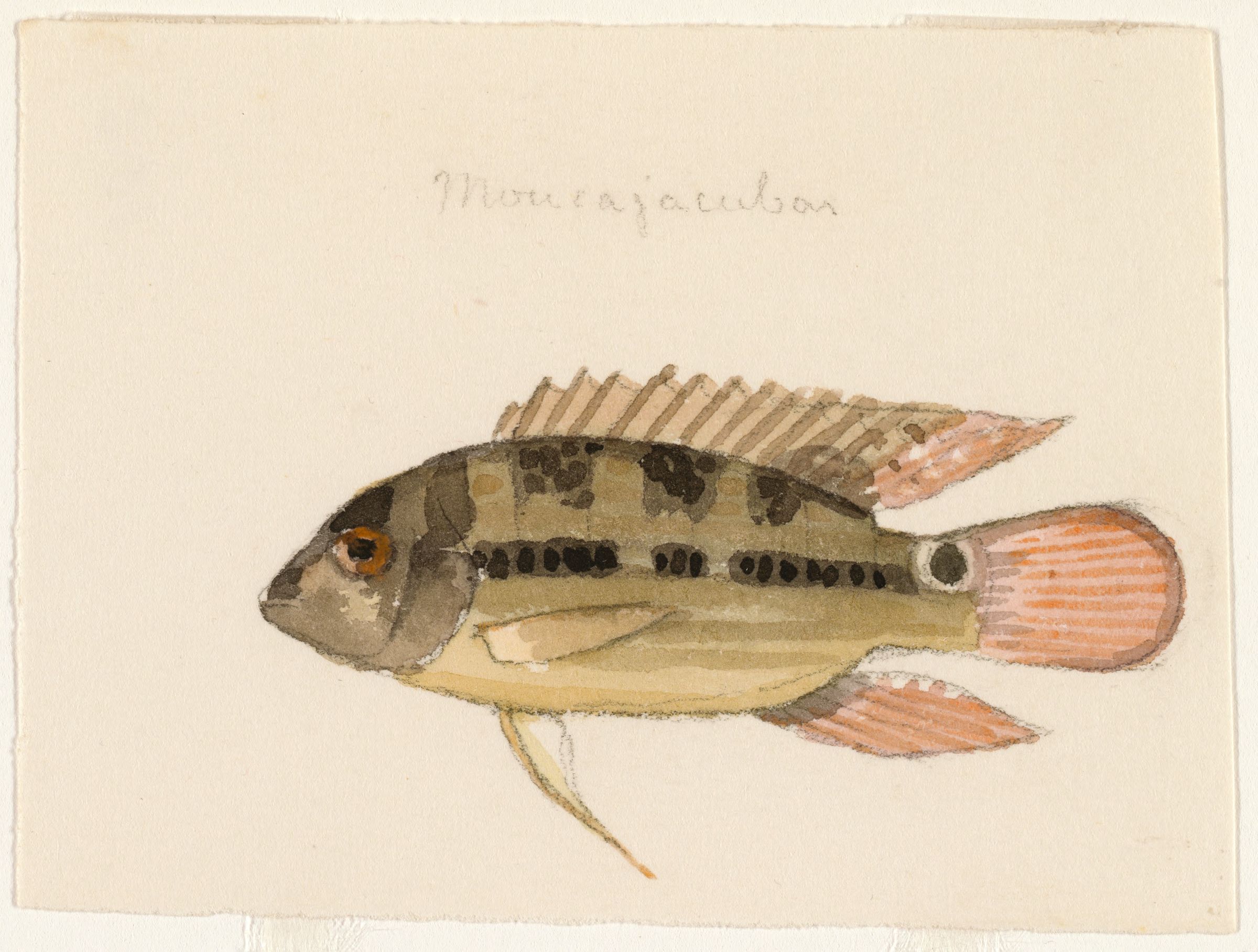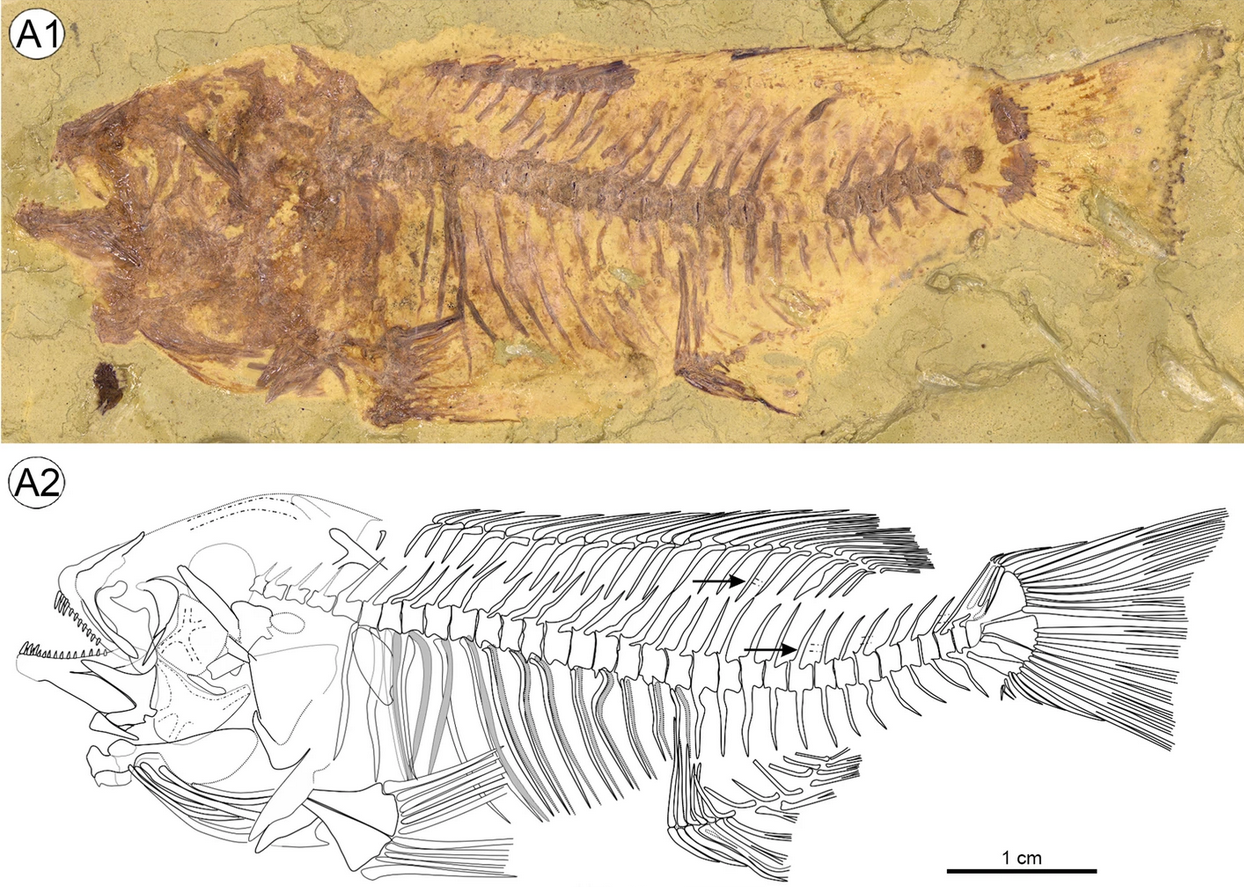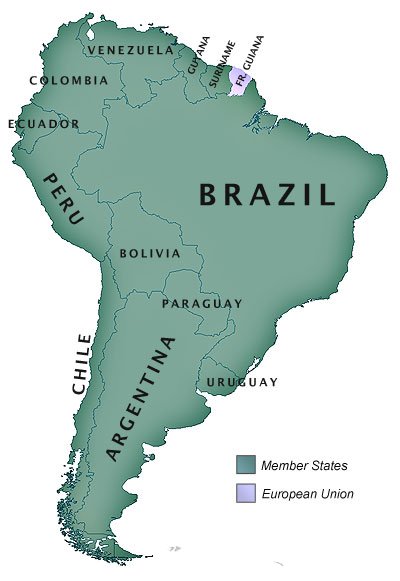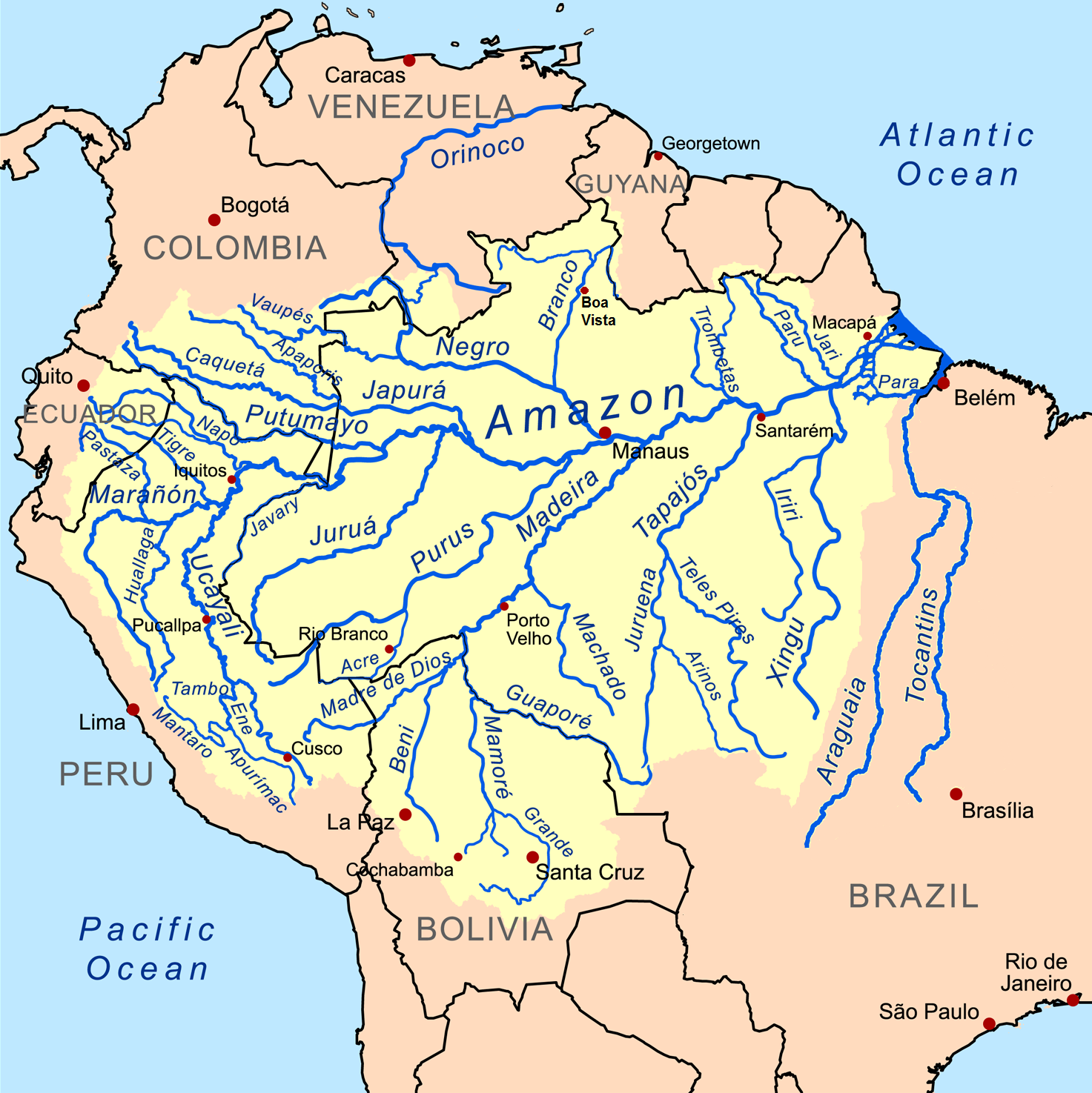|
Biotoecus
''Biotoecus'' is a fish genus of cichlids from northern South America where one species ''(B. dicentrarchus)'' is found in the Orinoco Basin and the other ''(B. opercularis)'' occurs in the northern part of the Amazon Basin. These small cichlids do not surpass in length. Species The two recognized species in this genus are: * '' Biotoecus dicentrarchus'' S. O. Kullander, 1989 * '' Biotoecus opercularis'' (Steindachner Franz Steindachner (11 November 1834 in Vienna – 10 December 1919 in Vienna) was an Austrian zoologist, ichthyologist, and herpetologist. He published over 200 papers on fishes and over 50 papers on reptiles and amphibians. Steindachner descri ..., 1875) References * Geophagini Cichlid genera Taxa named by Carl H. Eigenmann {{Cichlinae-stub ... [...More Info...] [...Related Items...] OR: [Wikipedia] [Google] [Baidu] |
Cichlid
Cichlids () are a large, diverse, and widespread family of percomorph fish in the family Cichlidae, order Cichliformes. At least 1,760 species have been scientifically described, making it one of the largest vertebrate families, with only the Cyprinidae being more speciose. New species are discovered annually, and many species remain undescribed. The actual number of species is therefore unknown, with estimates varying between 2,000 and 3,000. They are native to the Neotropics, Africa (including Madagascar), the Middle East, and the Indian subcontinent, although some species have been introduced worldwide. Many cichlids, particularly tilapia, are important food fishes, while others, such as the '' Cichla'' species, are valued game fish. The family also includes many popular freshwater aquarium fish kept by hobbyists, including the angelfish, oscars, and discus. Cichlids have the largest number of endangered species among vertebrate families, most in the haplochrom ... [...More Info...] [...Related Items...] OR: [Wikipedia] [Google] [Baidu] |
Geophagini
Geophagini is a Tribe (biology), tribe of cichlids from the subfamily Cichlinae, the American cichlids. It is the sister taxon to the clade which includes the Cichlasomatini and Heroini. Fishes in the Geophagini are distributed from Panama south to Argentina, it is the most speciose of the seven tribes within the Cichlinae and it is subdivided into three sub-tribes, Acarichthyina, Crenicaratina, and Geophagina which together contain over 200 species. Geophagines show morphological and behavioural specialisations to enable them to sift the substrates within their mouths so that they can separate benthic invertebrates from substrates dominated by sand or silt. Classification The Geophagini are classified as follows: * Subtribe Acarichthyina Sven O. Kullander, Kullander, 1998 ** Genus ''Acarichthys'' Carl H. Eigenmann, C. H. Eigenmann, 1912 ** Genus ''Guianacara'' Kullander & Han Nijssen, Nijssen, 1989 * Subtribe Crenicaratina Kullander, 1998 ** Genus ''Biotoecus'' C. H. Eigenmann & ... [...More Info...] [...Related Items...] OR: [Wikipedia] [Google] [Baidu] |
Cichlid Genera
Cichlids () are a large, diverse, and widespread family of percomorph fish in the family Cichlidae, order Cichliformes. At least 1,760 species have been scientifically described, making it one of the largest vertebrate families, with only the Cyprinidae being more speciose. New species are discovered annually, and many species remain undescribed. The actual number of species is therefore unknown, with estimates varying between 2,000 and 3,000. They are native to the Neotropics, Africa (including Madagascar), the Middle East, and the Indian subcontinent, although some species have been introduced worldwide. Many cichlids, particularly tilapia, are important food fishes, while others, such as the '' Cichla'' species, are valued game fish. The family also includes many popular freshwater aquarium fish kept by hobbyists, including the angelfish, oscars, and discus. Cichlids have the largest number of endangered species among vertebrate families, most in the haplochromi ... [...More Info...] [...Related Items...] OR: [Wikipedia] [Google] [Baidu] |
Carl H
Carl may refer to: *Carl, Georgia, city in USA *Carl, West Virginia, an unincorporated community *Carl (name), includes info about the name, variations of the name, and a list of people with the name *Carl², a TV series * "Carl", an episode of television series ''Aqua Teen Hunger Force'' * An informal nickname for a student or alum of Carleton College CARL may refer to: *Canadian Association of Research Libraries *Colorado Alliance of Research Libraries See also *Carle (other) *Charles *Carle, a surname *Karl (other) *Karle (other) Karle may refer to: Places * Karle (Svitavy District), a municipality and village in the Czech Republic * Karli, India, a town in Maharashtra, India ** Karla Caves, a complex of Buddhist cave shrines * Karle, Belgaum, a settlement in Belgaum ... {{disambig ja:カール zh:卡尔 ... [...More Info...] [...Related Items...] OR: [Wikipedia] [Google] [Baidu] |
Clarence Hamilton Kennedy
{{Short pages monitor ... [...More Info...] [...Related Items...] OR: [Wikipedia] [Google] [Baidu] |
Genus
Genus (; : genera ) is a taxonomic rank above species and below family (taxonomy), family as used in the biological classification of extant taxon, living and fossil organisms as well as Virus classification#ICTV classification, viruses. In binomial nomenclature, the genus name forms the first part of the binomial species name for each species within the genus. :E.g. ''Panthera leo'' (lion) and ''Panthera onca'' (jaguar) are two species within the genus ''Panthera''. ''Panthera'' is a genus within the family Felidae. The composition of a genus is determined by taxonomy (biology), taxonomists. The standards for genus classification are not strictly codified, so different authorities often produce different classifications for genera. There are some general practices used, however, including the idea that a newly defined genus should fulfill these three criteria to be descriptively useful: # monophyly – all descendants of an ancestral taxon are grouped together (i.e. Phylogeneti ... [...More Info...] [...Related Items...] OR: [Wikipedia] [Google] [Baidu] |
South America
South America is a continent entirely in the Western Hemisphere and mostly in the Southern Hemisphere, with a considerably smaller portion in the Northern Hemisphere. It can also be described as the southern Subregion#Americas, subregion of the Americas. South America is bordered on the west by the Pacific Ocean, on the north and east by the Atlantic Ocean, and to the south by the Drake Passage; North America and the Caribbean Sea lie to the northwest. The continent includes twelve sovereign states: Argentina, Bolivia, Brazil, Chile, Colombia, Ecuador, Guyana, Paraguay, Peru, Suriname, Uruguay, and Venezuela; two dependent territory, dependent territories: the Falkland Islands and South Georgia and the South Sandwich Islands; and one administrative division, internal territory: French Guiana. The Dutch Caribbean ABC islands (Leeward Antilles), ABC islands (Aruba, Bonaire, and Curaçao) and Trinidad and Tobago are geologically located on the South-American continental shel ... [...More Info...] [...Related Items...] OR: [Wikipedia] [Google] [Baidu] |
Orinoco River
The Orinoco () is one of the longest rivers in South America at . Its drainage basin, sometimes known as the Orinoquia, covers approximately 1 million km2, with 65% of it in Venezuela and 35% in Colombia. It is the List of rivers by discharge, fourth largest river in the world by Discharge (hydrology), discharge volume of water (39,000 m3/s at Orinoco Delta, delta) due to the high precipitation throughout its catchment area (ca 2,300 mm/a). The Orinoco River and its tributaries are the major transportation system for eastern and interior Venezuela and the Llanos of Colombia. The environment and wildlife in the Orinoco's basin are extremely diverse. Etymology The river's name is derived from the Warao language, Warao term for "a place to paddle", itself derived from the terms ''güiri'' (paddle) and ''noko'' (place) i.e. a navigable place. History The mouth of the Orinoco River at the Atlantic Ocean was documented by Christopher Columbus on 1 August 1498, during his Christo ... [...More Info...] [...Related Items...] OR: [Wikipedia] [Google] [Baidu] |
Amazon Basin
The Amazon basin is the part of South America drained by the Amazon River and its tributary, tributaries. The Amazon drainage basin covers an area of about , or about 35.5 percent of the South American continent. It is located in the countries of Bolivia, Brazil, Colombia, Ecuador, Guyana, Peru, Suriname, and Venezuela, as well as the territory of French Guiana. Most of the basin is covered by the Amazon rainforest, also known as Amazon rainforest, Amazonia. With a area of dense tropical forest, it is the largest rainforest in the world. Geography The Amazon River begins in the Andes, Andes Mountains at the west of the basin with its main tributary the Marañón River and Apurímac River, Apurimac River in Peru. The highest point in the Drainage divide, watershed of the Amazon is the second biggest peak of Yerupajá at . The Amazon River Basin occupies the entire central and eastern area of South America, lying to the east of the Andes mountain range and extending from th ... [...More Info...] [...Related Items...] OR: [Wikipedia] [Google] [Baidu] |
Sven O
Sven is a Scandinavian masculine first name. In Old Norse the meaning was "young man" or "servant" and the original Old Norse spelling was ''sveinn''. Variants such as '' Svend'' are found in Danish and Norwegian. Another variant, '' Svein'' is used only in the Low Countries and German-speaking countries, and is cognate with the English surname '' Swain''. In medieval Swedish, ''sven'' or ''sven av vapen'' "sven of arms", is a term for squire. The female equivalent, Svenja, though seemingly Dutch and Scandinavian, is not common anywhere outside of German-speaking countries. Sven can also be spelled with a "w" - Swen - but is pronounced as Sven. The Icelandic version is ''Sveinn'' (); the Faroese version is Sveinur (). Entertainment and music * Sven Einar Englund (1916–1999), Finnish composer * Sven Epiney (born 1972), Swiss television, radio host and editor * Sven Grünberg (born 1956), Estonian synthesizer and progressive rock composer and musician * Sven August ... [...More Info...] [...Related Items...] OR: [Wikipedia] [Google] [Baidu] |





